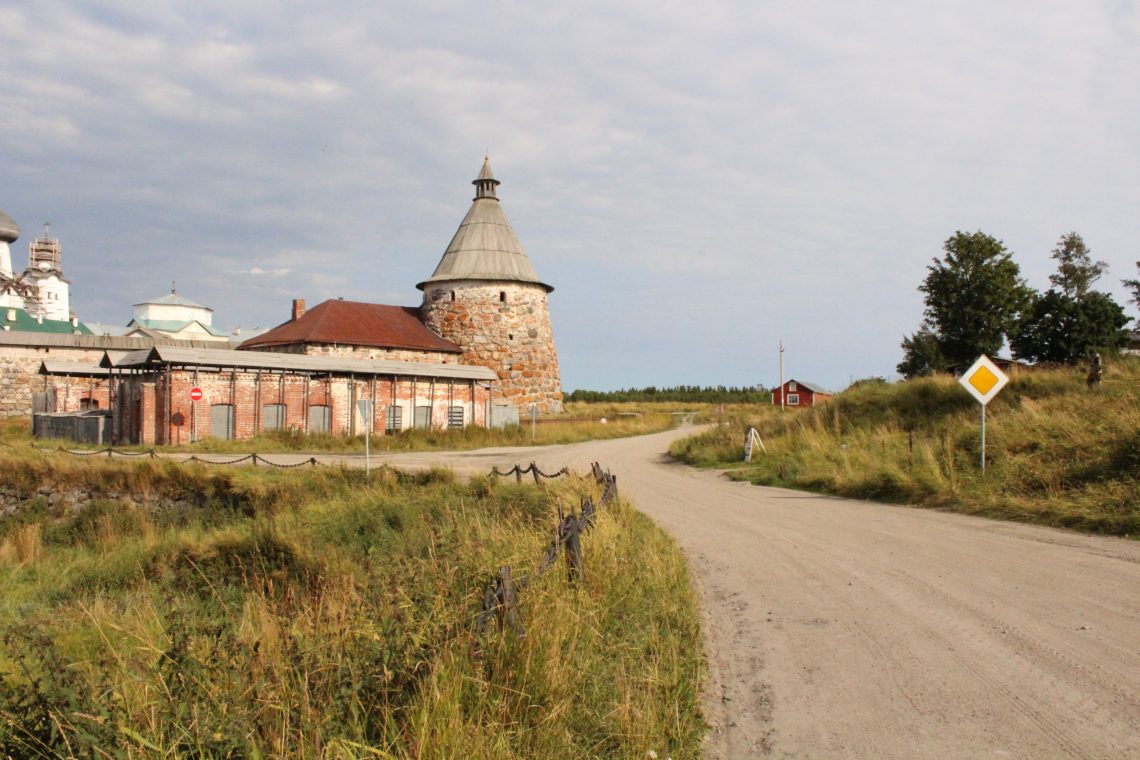
West Hollywood
The only time I spill coffee on myself is on board the FlyAway shuttle from Hollywood to LAX. I like early flights because the passengers are sleepy, not restless, so I roll one of my bad old suitcases to the bus stop by 4:45 am and hop on the transfer bus. The recording of bus stop names changes from a neutrally inflected “Next stop: Fairfax and Sunset” to a garrulous “Next stop: “HAHLihwood and …” as we travel towards the shuttle stop.
“HAHLihwood and Curson”
“HAHLihwood and Gardner”
“HAHLihwood and Fuller”
“HAHLihwood and La Brea”
At “HAHLihwood and Ivar” I drag myself off the bus and into a coffee shop. Nod to the woman who’s always sitting out front this time of day. Blink into the lights and order something too big. Walk to the FlyAway.
How to capture the thud thud thud of a small van riding along the unpatched streets of LA? There is a point where other physical sensations muffle out sound, or at least I think that’s how it works. I tell my swimming students that their noses will plug up with water as long as they don’t breathe in or out—maybe the same thing happens with ears.
We drive south through the city and my efforts to brace myself against the thudding while balancing a full cup of hot coffee leaves little room for my ears to translate the podcast that’s been playing all morning to my brain. I pause it but leave my headphones on. Coffee drips over my fingers.
Moscow, Petersburg, Solovki
The first time you go on a research trip no one can really tell you where you should go or what you should bring back, so I when I made a research trip to the Solovetsky Islands in 2018, I spread my bets: I visited three cities, three islands, five archives, a series of libraries, a human rights organization, as many museums as I could access, and a couple of private archives as well. I brought back: typewritten and handwritten notes; pictures; contact information for activists, scholars, and poets; a prized .doc file of an unpublished libretto; and “field recordings” taken with the voice memo function on my phone.
Back in LA, the cataloguing and dissemination begins: the books go into bibliographies, the notes are preserved and mined periodically, the scans are catalogued and uploaded to the cloud as quickly as possible. I start sharing the things worth sharing—the libretto to a composer who might find it curious, the scans of rare books to interested colleagues, the pictures to Instagram or Twitter, any insights and conclusions to conferences or publications… but one piece, a recording of I took of echoes in the Solovetsky monastery, has nowhere to go despite my efforts.
Solovki (notebook entry)
I was sad when I thought I lost my ring because I think of it as a protective measure, like I could wear it and prove that I’m safe because I’m taken. Next time I imagine a husband for myself I’m going to imagine you, I guess.
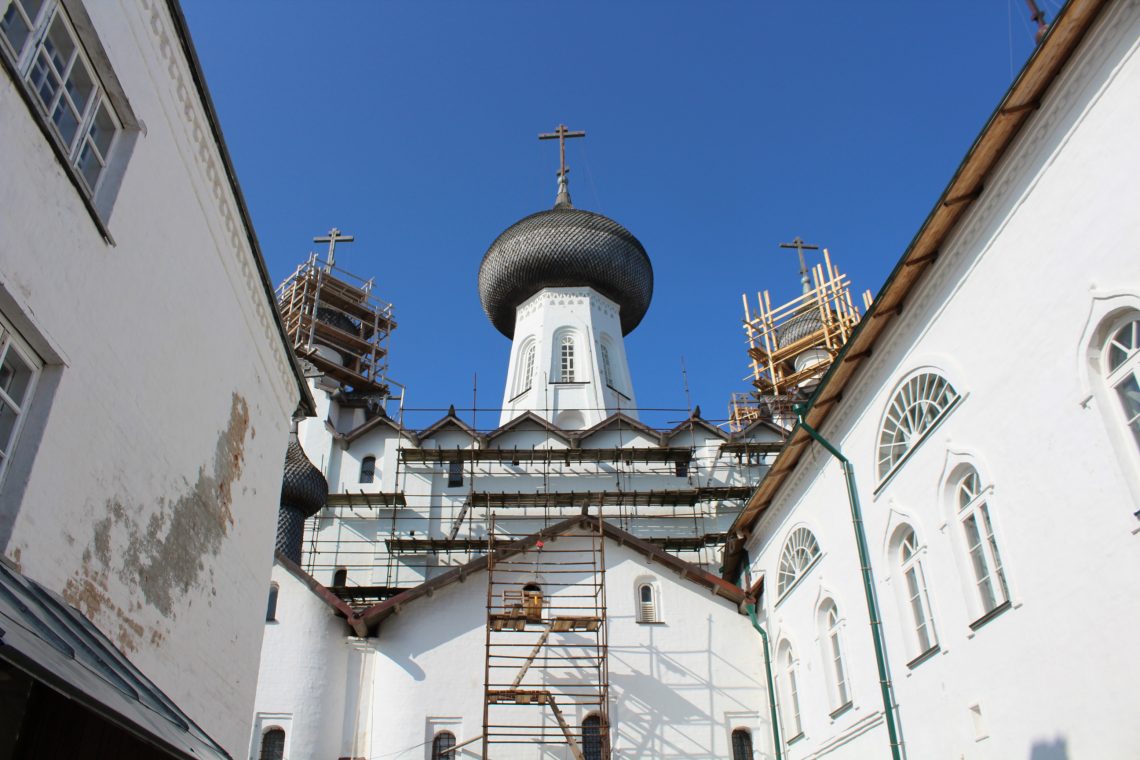
Sekirnaya Gora
I took a tour bus from a hostel overlooking the monastery to the tallest point on the biggest island of the archipelago. The bus, equipped for rough island roads, seemed to have rocks for wheels. I climbed on and nodded gravely to the driver, a young man in camouflage, then to the couple across the aisle, tourists in the middle of a fight, as I moved to the very back row. I liked the pilgrims I’d met so far—good vibes—but preferred the locals and secular tourists; busy with their own problems and less likely to quiz me on the number of domes on the monastery’s central church (5). The guide looked like one of the island’s monks, except wearing a snapback and hoodie. He began to intone into the microphone at the front of the bus. The guide was talking as the engine suddenly roared to life. He kept talking but it drowned him out, then we set off and the thudding began.
Solovetsky Monastery
After the first tour bus I went all-in on excursions around the island, especially because the tour agency accepted my credit card and I’d run out of cash back in Arkhangelsk. After a couple of excursions, I figured out the schedule and started hopping on tours as they left, which is how I ended up with a group of New Zealanders on a guided tour of the monastery complex.
This time the tour guide looked like a nearsighted, emo golf-caddy. He was Russian, but had an Irish accent that he’d taught himself (“On YouTube!”) when he began learning the language. “I thought it’d be more interesting than American or British.” He led us around buildings that I’d spent the week fumbling through—as he pointed out the door to the museum offices, I remembered how it had taken me half a day to find it, and how I’d given up and blamed God for my misfortunes halfway through. And here the guide was walking us through the complex, taking the group to all the spots that had felt like secrets a few days before, exposing and explicating them in his odd accent.
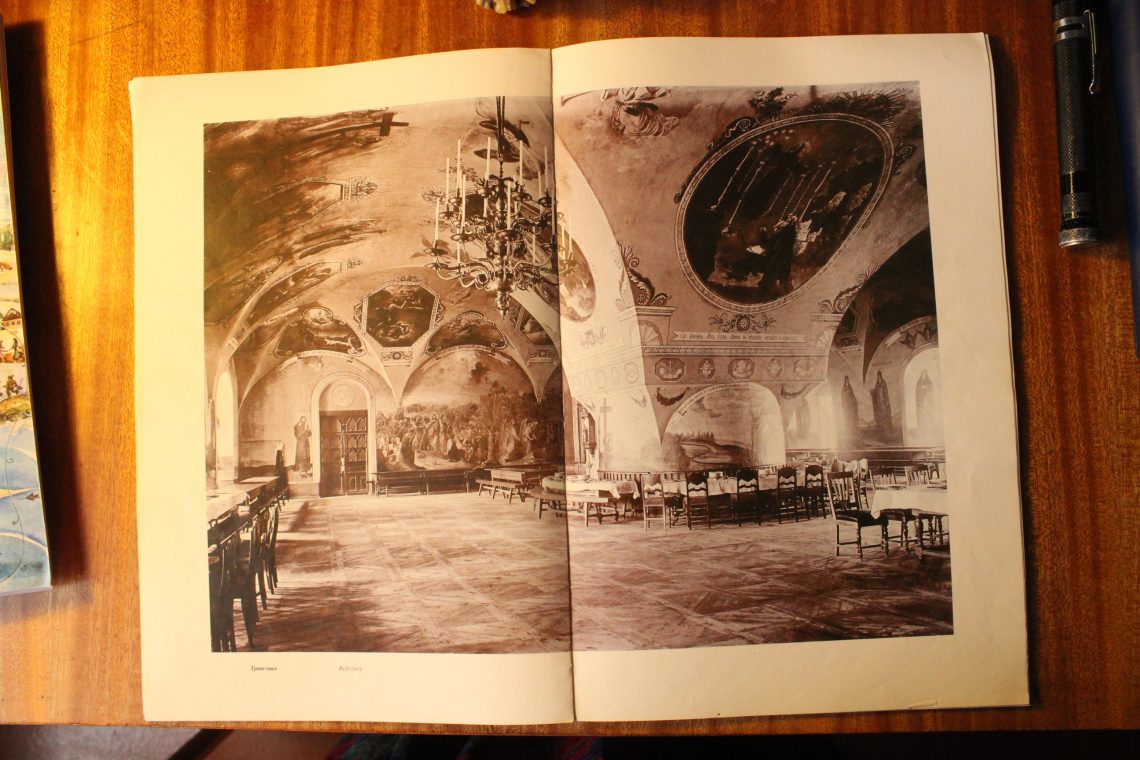
We walked into a vast room with deep arched windows cut into thick walls. I’d been in the room before, inspecting the posters of Gulag prisoners’ photographs that were lined against the wall and snapping pictures of the room with various aperture settings (“Take pictures!” had been one of the requests from the organization funding my trip.) I’d sat in a windowsill hidden by stacks of trestle benches, hiding from other tourists who walked through, and written for hours. And now here I was with other people, new friends, and I was finally learning that this was a refectory, which is not just where monks ate dinner, but a sacred space where meals are consecrated and certain rituals are performed. The monks would line the cavernous room with tables, face the walls, and eat in silence. Or try to eat in silence—the room was the most echoey place I’ve ever been. I imagined the clatter of silverware rising to a din without the need for any words. I fumbled for my phone and started recording.
Solovki (notebook entry)
It’s 4:39 am and I am living a dream that I never imagined I could have. And I’m here! I would like to fill up this notebook, drink a lot of water, and go back to sleep. Life has been so good to me, despite myself. I love being here and I miss my life in Los Angeles so much. I miss the comfort I feel there, in my shiny pink Christian Dior robe that I’m so glad I brought with me across the globe. I miss drinking gallons of French press coffee and iced tea in the sweltering heat, trying to draw a context for the hideous things I read in the soft yellow light of my beautiful, empty apartment. I miss my friends, the ones I wish I could connect with better. I miss my beautiful L——, my dear B——, and my wonderful J—–… But I am so, so glad I am here. Having smoked too many cigarettes and drunk too much vodka. These are sacred experiences… I leave myself in pieces along the way, my little golden rings littering the pilgrim’s path. And I cannot fucking believe my own good fortune.
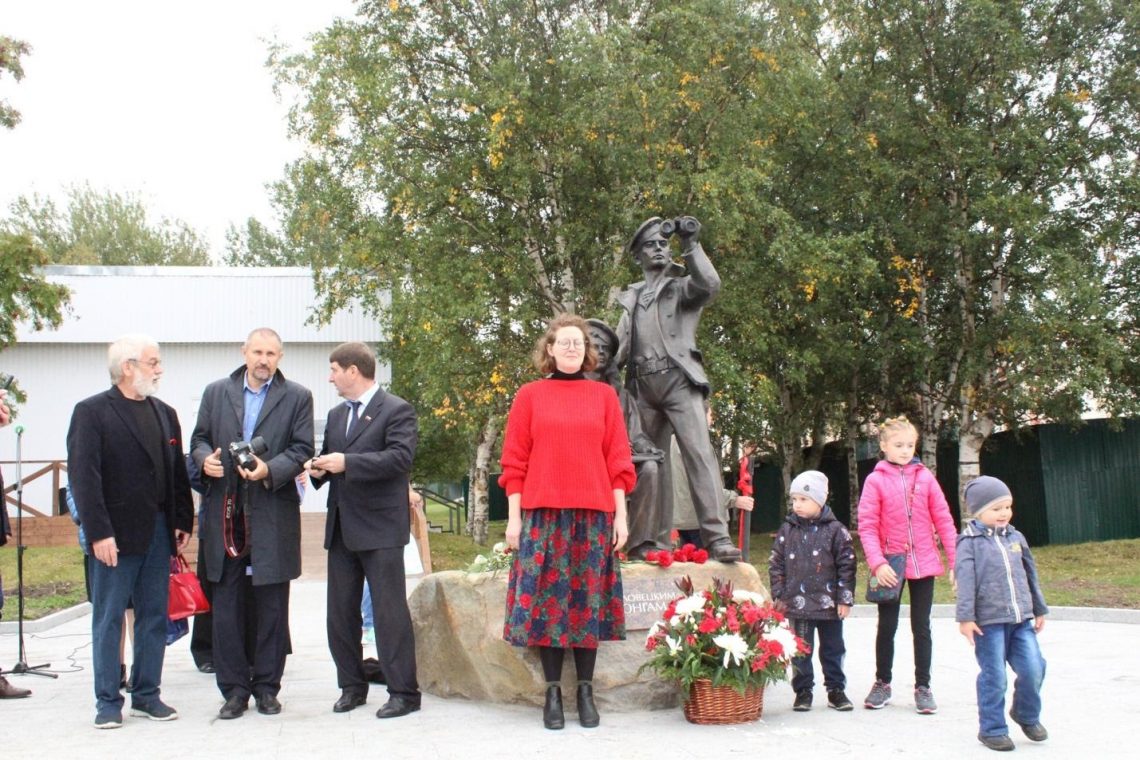
West Hollywood
Now thinking about the recording again. Every time I send it off I listen to it. It starts with the guide describing the windows, how they were slowly expanded as glass became cheaper over the centuries. The echo is overwhelming at first, but then an Irish accent emerges and sharpens. The recording only captures the first halo of the echo, but when I listen I remember the billowing echoes as they rolled around the hall. A woman asks how many people could fit into the room; her voice is birdlike. The guide responds, another man chimes in and suddenly three people are saying “foive hunnert people” in a smatter of accents. The guide continues, explaining how the monks ate. Then he drops to a whisper to demonstrate how quietly a monk would have to speak to maintain decorum in a room like this. Somehow, the whisper echoes just as much as his regular speech. Then he crescendos to a roar and says “ROARING” and the tour group titters in response.
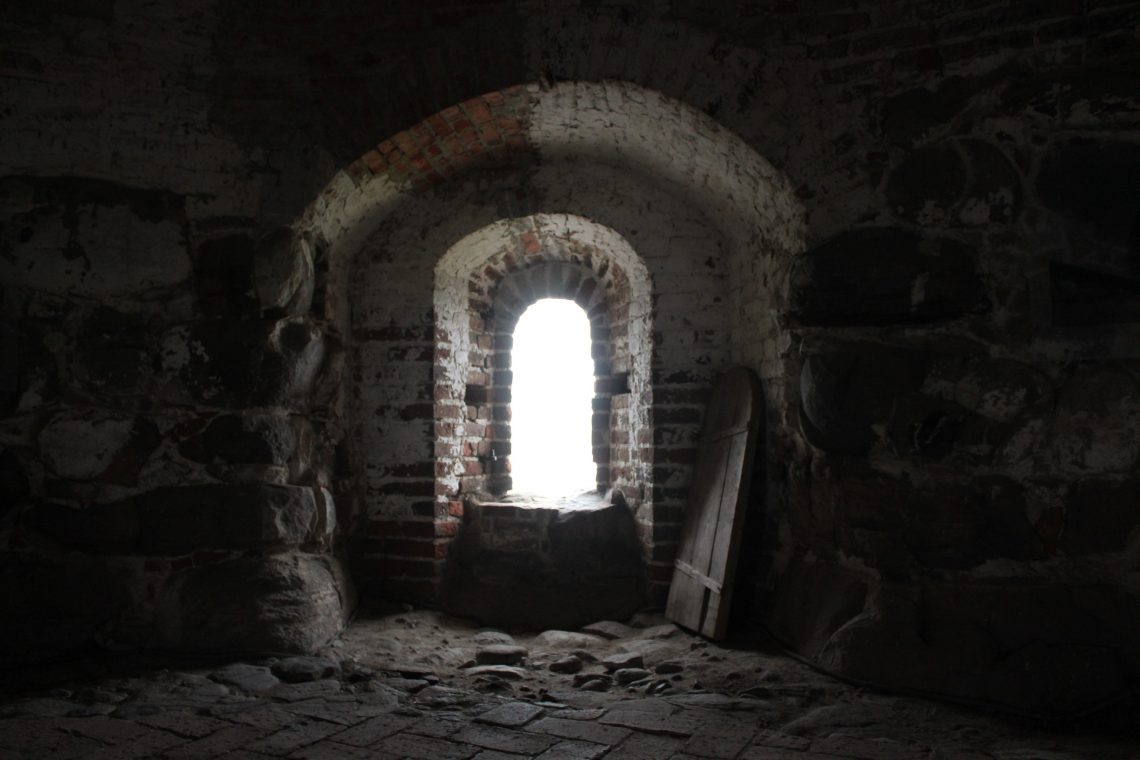
The recording continues but I dip in and out, remembering how I walked around the room during this section. He begins describing the great fire that destroyed the monastery’s library and records in Spring of 1923, before the Solovetsky Special Purposes Camp was established in September of that year. We move to a smaller room and the acoustics change. Now it sounds like I’m recording from a fishbowl. Maybe I put the phone in my bag? My camera shutter clicks a few times. The audio lasts far past the echoey room and I find myself reviewing facts about the monastery along with the guide: this was an office, but also a bakery, but also there was another bakery here, and an oven there.
Los Feliz
Waiting for a different bus near the big hospital I see a couple who look as smooth as sand and whose clothes blend together. I admire them before realizing that they are arguing. Actually, they are in a very nasty fight. I can’t hear any words across the plaza, just their tones and rhythms. She is squeaking up and down, agitated and hurt. He is overwhelming her with quiet, steady hums, not responding but dampening. Eventually her squeaks are lulled into a murmur that matches his. She closes her mouth and eyes. I turn away but try to keep listening: impossible.
Moscow (notebook entry)
Oh, my cough is becoming productive. Gotta be a good sign. I remember taking nasonex today, maybe I will take more when I get to Archangelsk, I hope I have time to make my connection. I think I will. Spending so much time in airports is really something. Spaces of interchange are so unhealthy; I like being at home so much. J—– would call an airport a liminal space but I think that’s full of shit! There are liminal spaces within the airport, transformative processes that equate to feelings of being stripped and humiliated in a liminal way! but overall the airport is comprehensible place without a guide. (note: unlike liminal spaces, through which initiates are conducted by a guide.) The purpose is clear and personal to a degree that liminality does not account for.
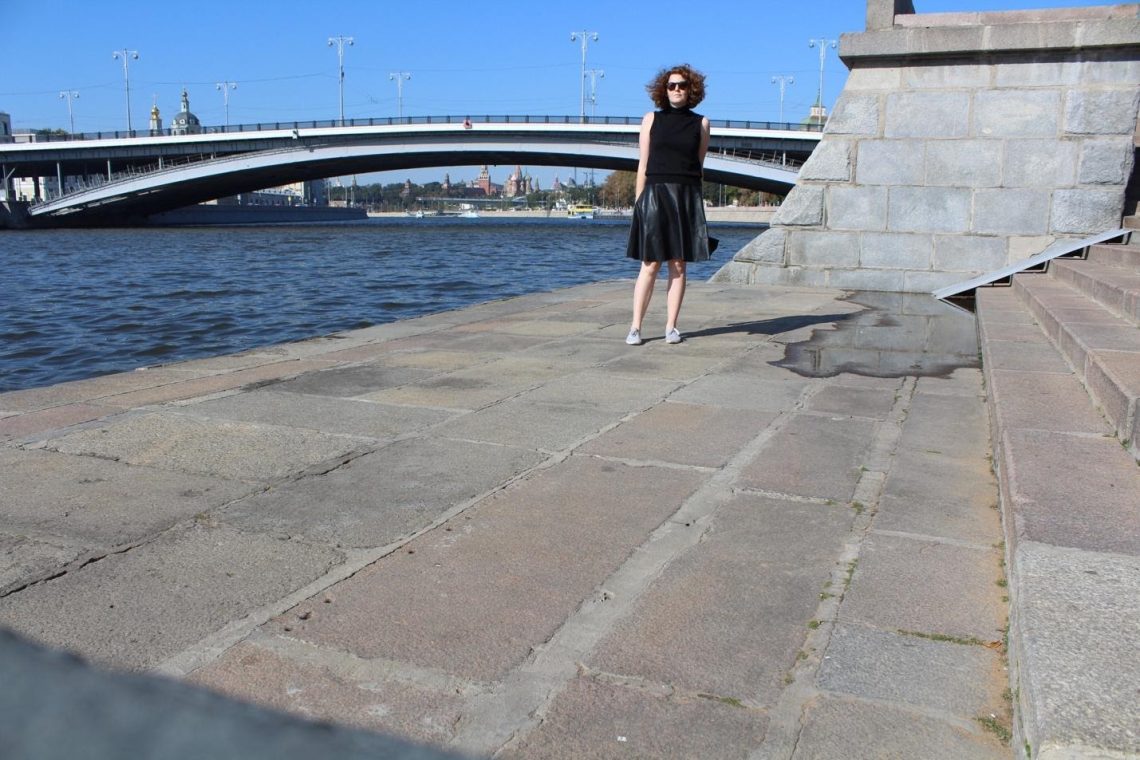
West Hollywood
I thought about putting the recording up online for people to listen to, or asking my friend the noise musician to do something with it, or learning how to make music just to put this bit of data out into the world. My “big ideas” are so embedded in the rest of my work—researching the literature of exile and forced labor—that I could probably just enjoy the sound of echoes in a refectory without placing much more effort on it than that. Then again, while working on this piece I reminded my friend about the recording one last time, and he said “Haha send it to me again.”
I can’t claim to know what it is that music conveys to us. I don’t walk out of movies thinking about the soundtrack. Sometimes I wish I did, other times I’m smug about my focus on language over other forms of sensory input. Posting a link to the raw recording at the end of this essay would be a fine way to disseminate it, you might be thinking. But I’ll hold on to it for a while longer, just in case I get it right one day.
More from this issue